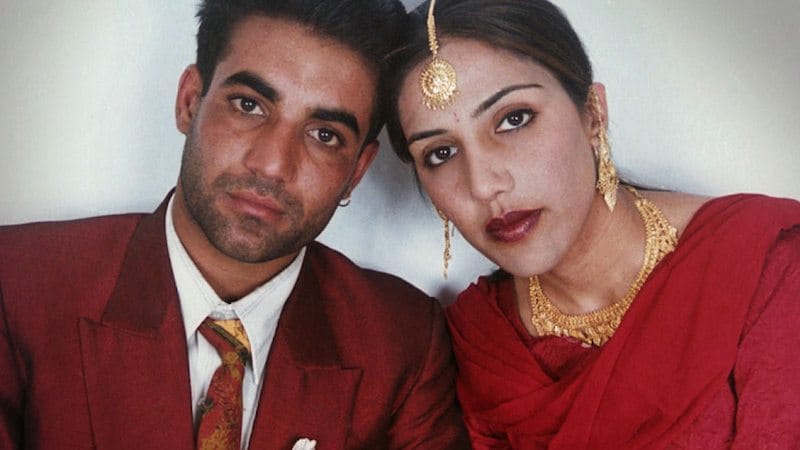A mother and uncle accused of arranging an honour killing in India 17 years ago will appear in the Supreme Court of Canada today to fight extradition efforts.
Malkit Sidhu and Surjit Badesha of British Columbia are accused in India of the murder of 25-year-old Jaswinder (Jassi) Sidhu, also a Canadian resident, while she was in India in 2000.

Jassi was allegedly targeted for marrying a rickshaw driver, someone of a much “lower caste,” instead of an older man her family had arranged for her to wed in Canada.
She had flown to India to be with her husband, Sukhwinder (Mithu) Singh, and was preparing to bring him back to Canada.
The couple was attacked while riding a scooter, and Jassi was later kidnapped and killed. Her body was dumped after her throat was slashed and her husband was also badly beaten and left for dead.
Sidhu and Badesha were arrested in Canada in 2012, when they were suspected of having a hand in the so-called honour killing.

Indian courts wanted the pair extradited for trial, but the British Columbia Court of Appeals had overturned the extradition order when it deemed that the Canadian residents would be at risk for violence in India’s prisons.
Badesha’s lawyer, Michael Klein, said Canada was obliged to protect the BC residents.
“Both of these people are elderly and both have health issues and that makes them more vulnerable in an Indian prison system, especially one which has been characterized as quite brutal,” Klein told CBC News.
Now, in a 46-page submission to the court, the Attorney General of Canada says the BC court of appeals “erred” and called the court’s decision an “unwarranted interference” in the minister’s efforts to return the alleged perpetrators in the “brutal and notorious ‘honour’ killing of a Canadian citizen.”

“The need to fulfil Canada’s obligations in relation to extradition is always a crucial factor precisely because of the objectives of the extradition regime including the importance of seeing justice done in the jurisdiction in which crimes are committed and the need to prevent Canada from becoming a safe haven for criminals,” the submission reads.
Canadian courts have received diplomatic assurances that Sidhu and Badesha will be free from execution, torture and mistreatment in India, but human rights lawyer Adriel Weaver says this assurance is insufficient.
“The prohibition on torture is absolute, and diplomatic assurances are inherently ineffective and unreliable,” Weaver said.

The Canadian government will argue today on the “errors” made in the ruling, which is said to be “jeopardizing Canada’s ability to live up to its obligations to extradition treaty partners.”
Juda Strawczynski, president of Canadian Lawyers for International Human Rights, said Canada cannot overlook human rights in the pursuit of justice.
“We have to look at what we can fully consider as justice, and here we have to be mindful of Canada’s reputation and trying to avoid injustices as much as possible,” said Strawczynski .
Main Image Photo Credit: www.mbnews.one
Nomaan Khan
Author
After spending some time in a completely different field, Nomaan decided to drop it all and switch to Mohawk College to pursue his longtime interest in the world of Journalism. His experience working in multimedia platforms has helped him develop exceptional skills in thinking on his feet, being ...














































































































